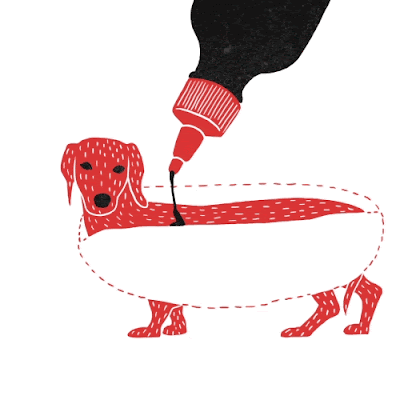Daylight Saving Time
From NPR News, this is ALL THINGS CONSIDERED. I'm Michele Norris.
ROBERT SIEGEL, host:
And I'm Robert Siegel.
The clock is ticking on Daylight Saving Time. This weekend, many of you will be moving your clocks back an hour. There's always been a debate about the effect this has on everything from the economy to a person's health.
In Britain, there's a move in parliament that could extend Daylight Saving Time, making evenings just a bit brighter year round.
Changes are also in the offing in Russia, as NPR's David Greene reports.
DAVID GREENE: I know, back home you're getting ready to quit Daylight Saving Time and move the clocks back an hour. Well, here in Russia, we made that switch last weekend. Dark fell here over Moscow's streets around 4:30 this afternoon and it's pretty depressing, like we needed another reminder that the frigid Russian winter is almost here - those long, cold nights that never seem to end.
Don't take it from me. Russian officials are worried about the psychological and physical impact of adjustments like this. During these two weeks, after the clocks turn back, officials say more people get sick and there's a higher number of ambulance calls. So Russian president Demitri Medvedev said he sees no point moving the clocks back And forth.
Medvedev has proposed abolishing this practice of daylight saving altogether. The president's as most people he talks to think the whole practice of changing time is a bad thing. Might seem like a dramatic move but don't underestimate Russian officials.
Earlier this year, Medvedev said this vast country no longer needed 11 time zones and so he combined a few and reduced the number to nine. That means some neighboring villages now are two hours apart. Oh, and city officials in Moscow have been angry about bad weather interrupting their big events. And so in the past, they put chemicals up in the sky to keep the sun shining over downtown. Maybe next they can do something about this cold.
For now, enjoy switching your clocks around Sunday morning. Here in Russia, that may never happen again.
I'm David Greene, NPR News, in Moscow.










留言
張貼留言